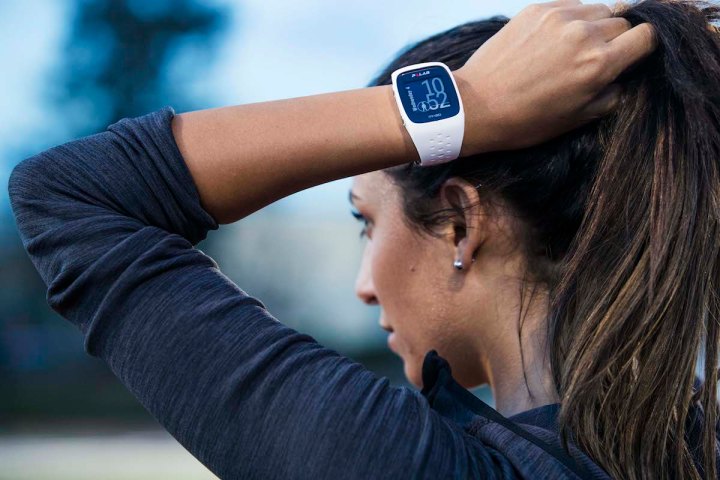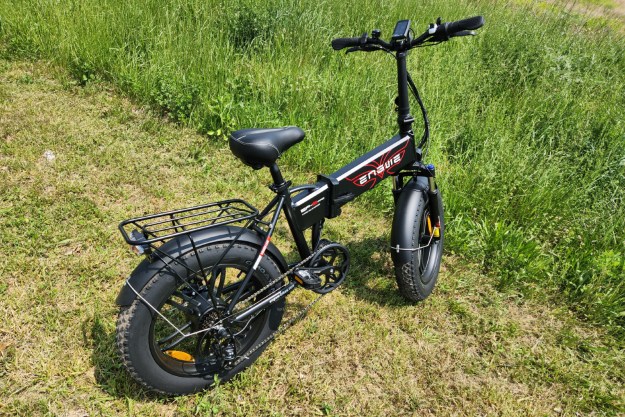
When the M430 initially shipped it came with a wrist-based heart-rate sensor already built in. But, the device’s operating system only used the sensor during workouts to track a user’s pulse while running. Now, the watch is capable of checking the user’s heart rate throughout the day to get a better understanding of their overall level of fitness.
Polar says that the watch will check an athlete’s heart rate a minimum of once every 5 minutes, although the level of frequency will automatically change based on the then- current level of activity. In other words, the�M430 can tell when the person wearing it has started a workout and it will increase the frequency of its monitoring accordingly. When the user relaxes on the couch for an extended period of time, it knows that, too, making periodic checks of their resting heart rate instead.

The data collected throughout the day is stored in the Polar Flow app (iOS/Android) and analyzed to provide athletes with better guidance on how to reach their fitness goals. Polar’s Smart Coaching feature has been tweaked to take advantage of the continuous heart-rate tracking and will now provide more accurate advice for runners looking to improve speed, endurance, and efficiency. The app will also display a detailed overview of the user’s heart rate throughout the day, showing fluctuations based not only on workouts, but also moments of high emotion and stress.
The M430 has always offered excellent battery life for a GPS-enabled fitness watch, getting up to 30 hours of training time depending on its settings. The addition of continuous heart rate tracking shouldn’t have a dramatic impact on the performance of the battery, as the sensor only activates itself for brief periods. That said, slightly diminished battery life is a small price to pay for a feature that could be a major benefit to runners.
Find out more at polar.com.


